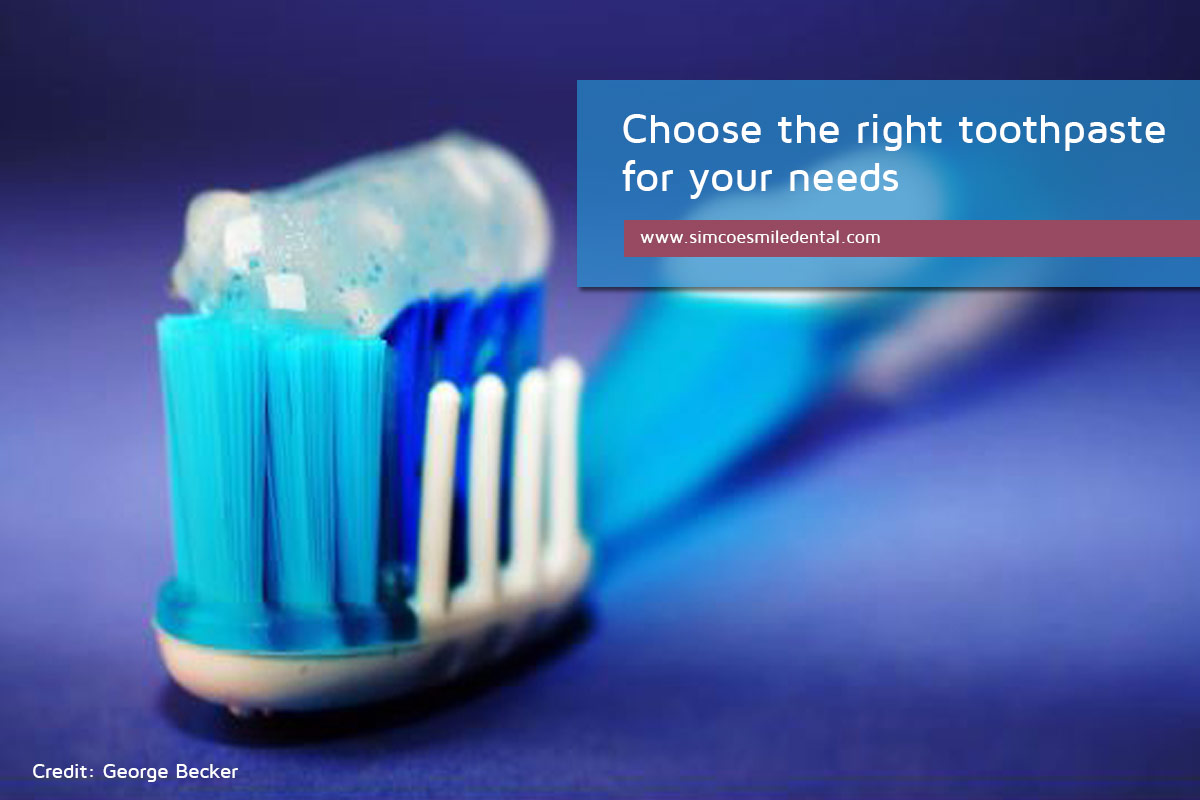Are your teeth tender? Does sipping an ice-cold drink cause dental discomfort? Do you wince when you brush specific teeth? If the pain is sudden and short-lived, then you may have sensitive teeth.
Tooth sensitivity is a common dental problem that involves pain or discomfort in teeth. As many as one in eight adults may suffer from sensitive teeth. If you’re one of the eight, you may be wondering how to treat sensitive teeth. Here’s why you may be experiencing mouth malady – and some practical strategies on how to find relief.
There are many causes of sensitivity, from thinning tooth enamel to gum disease to damaged teeth. Even brushing too hard or using an overly-acidic mouthwash can, over time, lead to tooth sensitivity. Finding a solution to the problem will depend on what is causing the pain in the first place.
Here are some practical things that you can do to deal with tooth sensitivity.
- Choose The Right Toothpaste
If you suffer from sensitive teeth, changing your make of toothpaste might be all that you need. Find one that contains fluoride and is formulated for sensitive teeth. The fluoride will help strengthen your teeth. Check for an option that says it’s suitable for ‘sensitive teeth’ on the package.
Tooth-whitening and tartar-control toothpaste can both contribute to tooth sensitivity. Tooth-whitening toothpaste contains whitening agents that can make teeth sensitive and some people can be affected more than others; tartar-control toothpaste may contain more abrasives (like hydrated silica) than on average, as well as anti-tartar agents like tetrasodium phosphate that prevent plaque. If your toothpaste contains whitening agents, consider switching to one that doesn’t.
If you’re not sure which type of toothpaste to use, ask your dentist for a recommendation. You may have to try a few brands until you find a toothpaste that works for you, so be patient.
- Brush Gently
Another cause of tooth sensitivity can be brushing too aggressively or using a hard-bristled toothbrush. Over time, this can wear down your tooth enamel and expose the tooth dentin, or even the canals (microscopic hollow tubes that lead to dental nerves). When these canals are exposed to acidic foods or extreme temperatures, tooth sensitivity can kick in. This may eventually lead to receding gums or cavities.
Luckily, there’s an easy solution. Switch to a toothbrush with softer bristles and be gentler when brushing.
- Choose The Right Mouthwash
Like whitening toothpastes, many over-the-counter types of mouthwash contain alcohol and acids that can make your teeth sensitive. This is especially so if your dentin is exposed as the acids can make existing tooth sensitivity much worse. It can also further damage the dentin layers. However, this doesn’t mean you have to ditch mouthwash. Instead, opt for a neutral fluoride rinse after brushing.
As with acidic beverages (we’ll get to them next), always brush before using an acidic or alcohol-based mouthwash, never afterwards.
- Avoid Acidic Foods
Limiting your consumption of acidic foods and beverages, like sodas, soft drinks, citrus foods and drinks, yogurt, and wine can help reduce tooth sensitivity over time. While it would be difficult to cut them out completely, consuming less can help. This is because acidic foods eat away at tooth enamel. One of the first things you may think to do after eating or drinking something acidic is to brush your teeth immediately afterward. Don’t! Acidic foods and beverages temporarily soften your tooth enamel. If you brush right away after drinking or eating acidic foods, you might damage the enamel, leading to heightened sensitivity or cavities.
When you do consume acidic drinks and foods, drinking milk afterwards can reduce the acidity in your mouth; and a glass of water can rinse away the acids. Alternatively, chewing a piece of sugar-free gum with xylitol can recreate the basic pH levels within your mouth, and will trigger your saliva glands to rinse your teeth off naturally.
When you do wish to indulge, use an eco-friendly straw to keep your teeth from being exposed to your favourite acidic beverage.
- Stop Grinding Your Teeth
Tooth enamel is the most durable substance in the body; however, grinding your teeth constantly can wear down the enamel after time, exposing the sensitive dentin.
Teeth grinding (or bruxism) is particularly common when we sleep, so some people who are prone to grinding their teeth at night wear a mouthpiece. This helps to protect your teeth, acting as a barrier between them. Your dentist can provide you with a custom-fit model that fits your teeth perfectly. You can also purchase a boil-and-bite-style mouthpiece at drug stores and online; however, these have a shorter life span and won’t fit the shape of your teeth as well, reducing their effectiveness slightly.
- Practice Good Dental Hygiene
By maintaining good general dental care, you reduce the likelihood of sensitive teeth. Brushing and flossing regularly removes plaque that forms after eating. Excessive build-up of plaque can cause tooth enamel to wear away. As such, your teeth can become sensitive when they lose the protection that enamel offers. Practice good dental care, and always brush your teeth twice a day. It’s a good idea to floss your teeth once a day too.
Be sure to replace your toothbrush every three months or so too; and, as mentioned, use a soft-bristled toothbrush.
- See Your Dentist
If these strategies fail to work and you have any dental concerns, you should visit your dentist. It could be that you’re suffering from an underlying problem that needs to be addressed, and your tooth sensitivity is a symptom.
Receding gums are increasingly common with age, especially with those who haven’t maintained good dental health through the years. If gum disease is the issue, your dentist can formulate a plan to treat the underlying condition, and may suggest sealing your teeth to reduce sensitivity while dealing with the gum tissue.
Another cause could be a cracked or chipped tooth. This can cause considerable pain, so you should visit the dentist as soon as possible. Your tooth will be examined, and your dentist will decide the best course of treatment, such as a cap or extraction.
As they age, fillings can fracture and weaken; they can even leak around the edges in some cases. With these exposed gaps, it’s easy for bacteria to accumulate. This results in a breakdown of enamel and a build-up of acid. However, in most cases the filling can easily be replaced.
Whether you’d like some advice on how to deal with sensitive teeth, or whether you’re worried about an underlying dental issue, we’re here to help.
Call us today to book an appointment at 289.312.1482 or use our online form to book a session.






